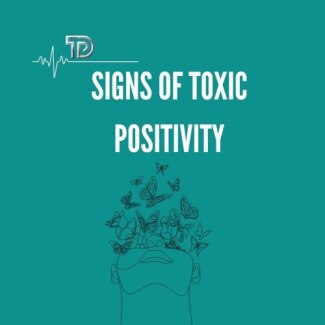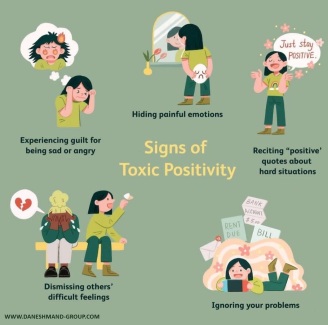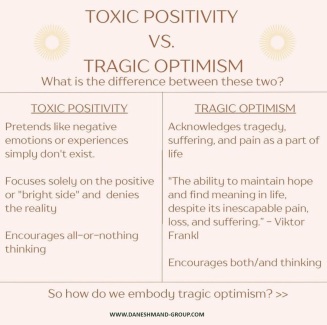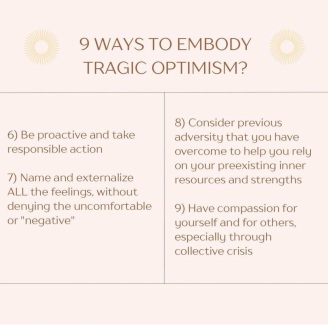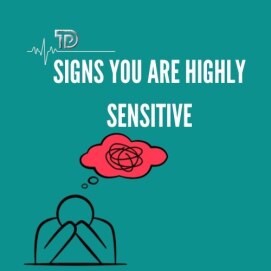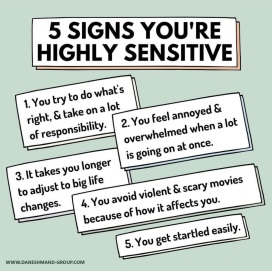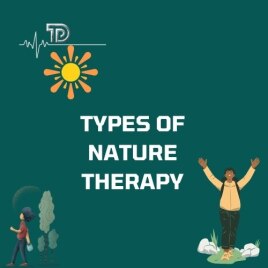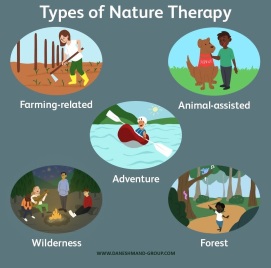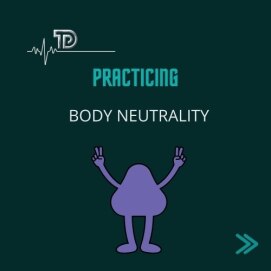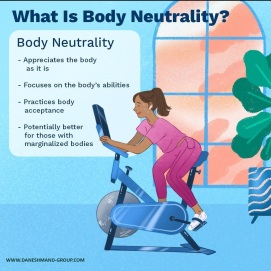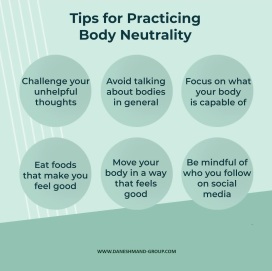Daneshmand Consulting Group
DANESHMAND Health and Medicl Center offers consultancy across all aspects of health and wellness, establishes health management systems, and provides training and project implementation for health and wellness enterprises. It engages in disease prevention, education to enhance community health literacy, and efforts to boost overall community health. The center also conducts cultural, scientific, technical, and research activities, fostering communication and the exchange of ideas among experts in various health-related fields. Recognizing the significance of health in today's stressful world, the center has undertaken substantial and beneficial initiatives in these areas.
Alternative medicine, often referred to as complementary or integrative medicine, encompasses a diverse array of practices that fall outside the realm of conventional Western medicine. As individuals increasingly seek holistic approaches to health and well-being, alternative medicine has gained prominence as a complement or alternative to traditional medical treatments.
The Diversity of Alternative Medicine:
One of the defining features of alternative medicine is its diversity. Practices range from ancient traditions like acupuncture and herbal medicine to more recent innovations such as biofeedback and energy healing. Each approach has its own underlying philosophy and set of principles, often rooted in cultural or historical contexts.
Holistic Approach:
At the core of many alternative medicine practices is a holistic approach that considers the interconnectedness of mind, body, and spirit. Unlike the reductionist approach of conventional medicine, which often focuses on treating specific symptoms or diseases, alternative medicine often seeks to address the underlying causes of health issues and promote overall well-being.
Acupuncture and Traditional Chinese Medicine:
Acupuncture, an integral part of Traditional Chinese Medicine (TCM), involves the insertion of thin needles into specific points on the body to stimulate energy flow or Qi. TCM, with its roots dating back thousands of years, emphasizes balance and harmony within the body to maintain health. Practices like herbal medicine and tai chi are also key components of TCM.
Ayurveda:
Originating in ancient India, Ayurveda is a holistic healing system that focuses on balancing the body's three doshas—Vata, Pitta, and Kapha. Ayurvedic practices include herbal remedies, dietary guidelines, and various therapies to promote harmony and prevent illness.
Mind-Body Techniques:
Mind-body techniques, such as meditation, yoga, and mindfulness, are central to many alternative medicine approaches. These practices aim to cultivate mental and emotional well-being, acknowledging the impact of the mind on physical health. Research has shown that these techniques can be effective in reducing stress, anxiety, and even improving certain medical conditions.
Challenges and Controversies:
While alternative medicine has gained popularity, it is not without controversy. Critics argue that some practices lack scientific evidence and may pose risks if used as substitutes for proven medical treatments. The challenge lies in striking a balance between embracing beneficial alternative therapies and ensuring patient safety.
Integration with Conventional Medicine:
In recent years, there has been a growing recognition of the potential benefits of integrating alternative medicine with conventional medical treatments. This integrative approach, known as complementary and alternative medicine (CAM), seeks to combine the strengths of both approaches for more comprehensive patient care.
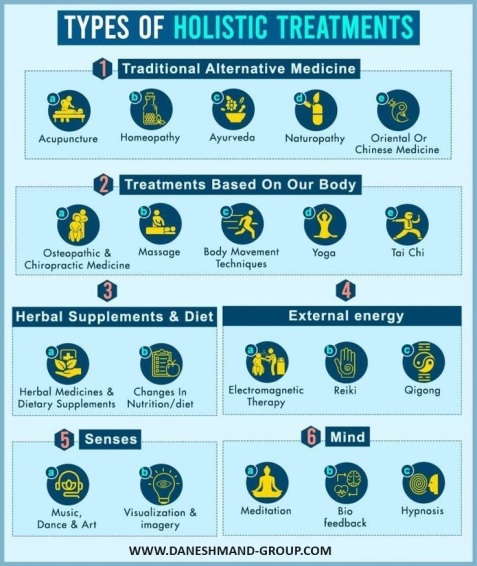
HOLISTIC
TREATMENTS
What Is Genetic Testing
Genetik Test Nedir
تست ژنتیـــک چیست
ما اختــبار الجــــینی
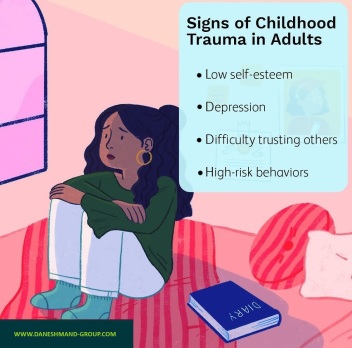
Body neutrality is an approach that emphasizes accepting & respecting your body as it is, without necessarily feeling intense love or hate towards it. The focus is on what your body can do rather than how it looks. This mindset encourages to appreciate their bodies for their functionality and health,rather than the appearance promoting a balanced view on body.
Nature therapy, also known as ecotherapy or green therapy, involves engaging with nature to improve mental and physical well-being. It includes activities like walking in forests, gardening, or spending time in natural settings. This therapeutic approach leverages the calming and restorative effects of nature to reduce stress, enhance mood, and promote overall health.
Highly sensitive people (HSPs) have a heightened sensitivity to physical, emotional, or social stimuli. They tend to process information deeply, leading to increased empathy, awareness, and responsiveness to their environment. While this sensitivity can lead to greater creativity and intuition, it can also make HSPs more prone to stress and overwhelm.
DANESHMAND
Medical & Health
Center
Medical & Health
Center









